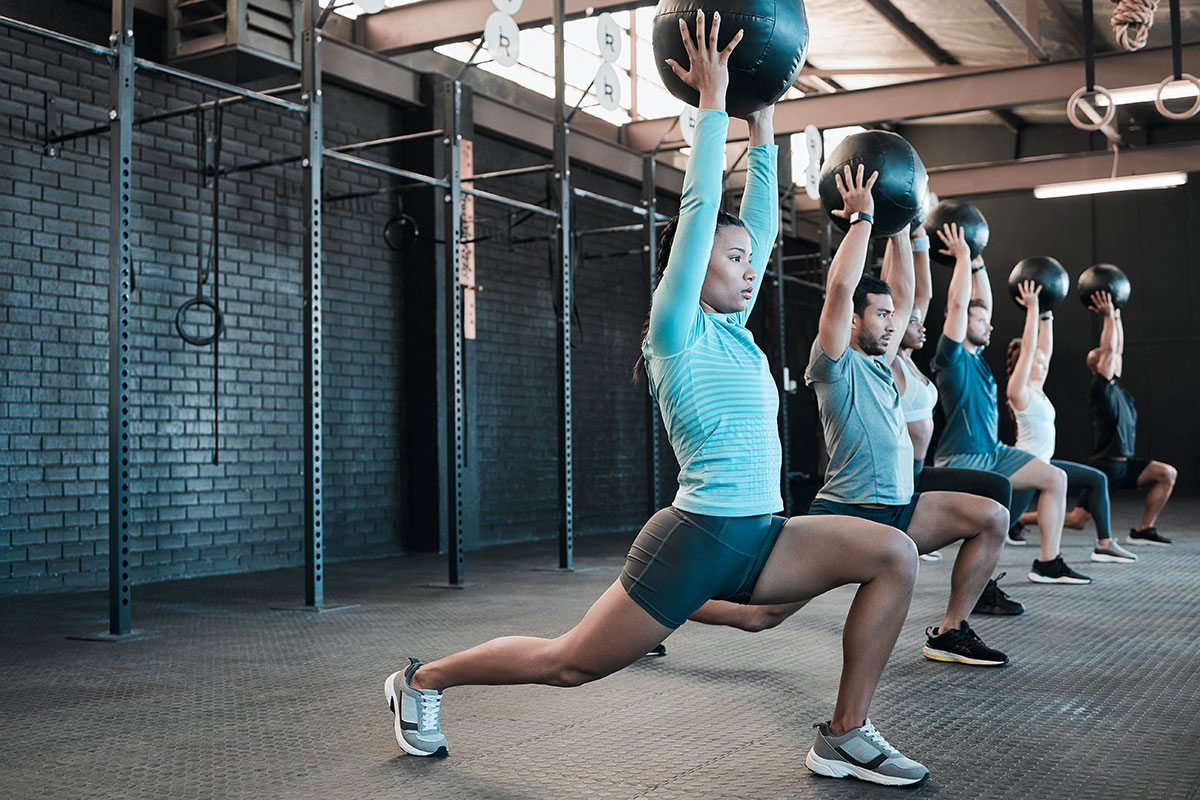Ask Dr. Adam: Is It Better to Exercise Before or After Meals for Fat Loss and Blood Sugar Control?

In the world of fitness, there’s one big question that divides gym-goers: when is the best time to workout?
Some people swear by hitting the gym first-thing in the morning, on an empty stomach, while others prefer to get a sweat on after they’ve eaten an energy-boosting breakfast.
When it comes to understanding both your blood sugar levels and the way your body burns fat, it can be tricky to know which option is better. Let’s take a look into the science, so you can make an informed decision ahead of your next workout.

First up, let’s focus on fat loss
When it comes to fat loss, we need to understand how exercise affects our metabolism. Exercise triggers a response similar to our fight or flight instinct, releasing hormones like adrenaline to provide fuel for energy. This includes mobilising fat from our fat stores to be burned during exercise.
Exercise also puts stress on our muscles, which prompts them to adapt and become better at using fuel, both glucose and fat, in the future. This adaptation involves improvements in blood supply, cellular function, and the creation of more mitochondria, the energy powerhouses of our cells. Ultimately, this enhances our ability to burn both glucose and fat during exercise.
These metabolic effects of exercise can be influenced by how you eat around your workout. The concept of “training low” involves exercising in a fasted state, with depleted glycogen stores, or without consuming carbohydrates, which are the primary fuel for exercise. The idea behind this approach is to increase the metabolic stress of exercise, triggering favorable adaptations in the body.
In contrast, supplying fuel, especially carbohydrates, can dampen this response. This leads to the logic that exercising before meals may be better for fat burning. However, it’s important to consider differences between men and women in this context. Men tend to burn carbohydrates more efficiently during exercise, while women are better at burning fat.
Unlike men, women don’t switch to burning fat as aggressively after exercise to replenish spent carbs. For women, consuming carbohydrates after exercise may blunt fat burning. This finding is consistent with studies on exercise and fat oxidation. Therefore, women may benefit from eating before exercise rather than after, or at least waiting an hour or so before consuming carbs after exercise.

What about blood sugar control?
Regarding blood sugar control, a similar strategy can be applied. Regular exercise, whether before or after meals, helps regulate blood sugar levels generally in non-diabetic people.
There is some suggestion that exercise ‘snacking’ (small bursts of activity) before meals can help minimise blood sugar spikes, and generally improve clearance of both fat and carbohydrates in the body. But exercise doesn’t need to be so regimented around meals.
I would argue that exercise, or simply being physically active, is critical to ensuring you have a turnover in your body’s carbohydrate stores, also known as glycogen, which in turn supports healthy blood sugar and fat levels.
Put simply, whether you exercise before or after meals, the key is to stay physically active consistently to support both fat loss and blood sugar control.


















